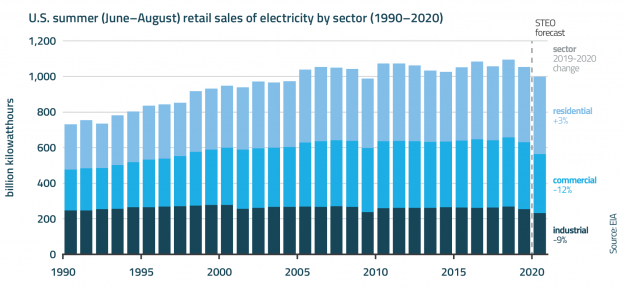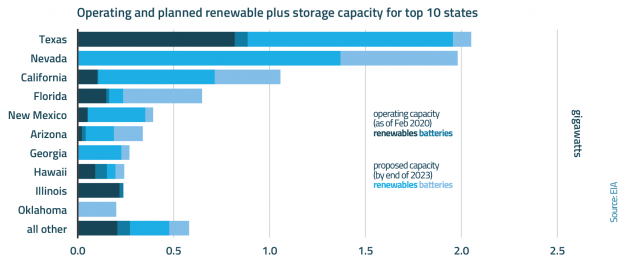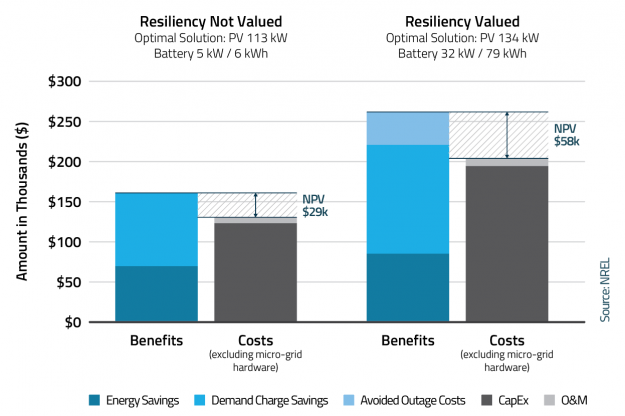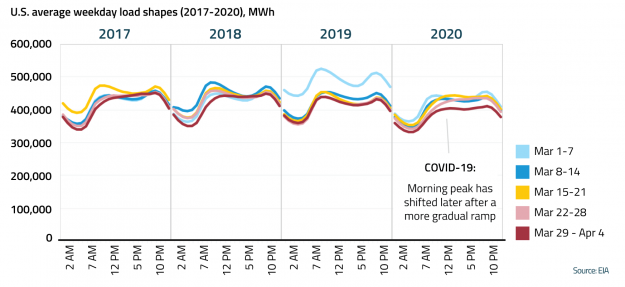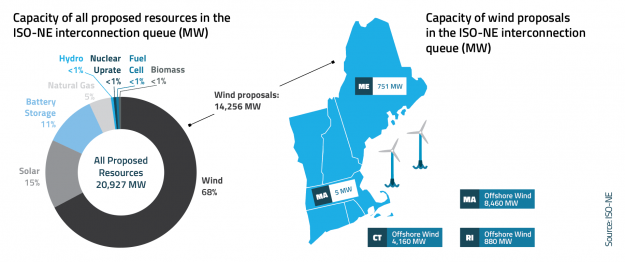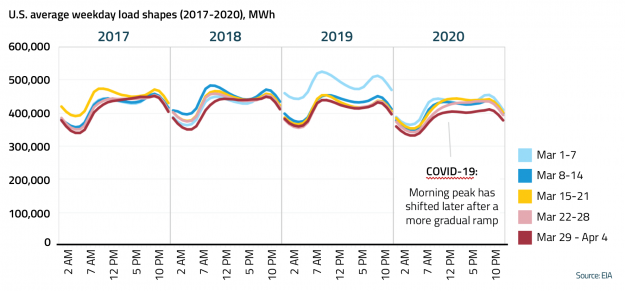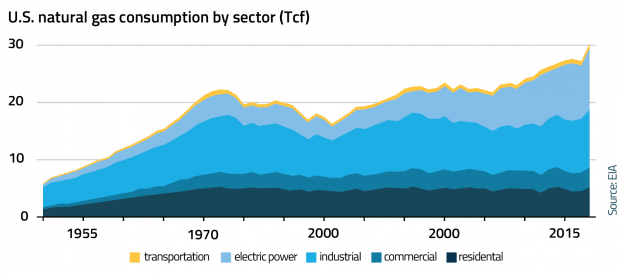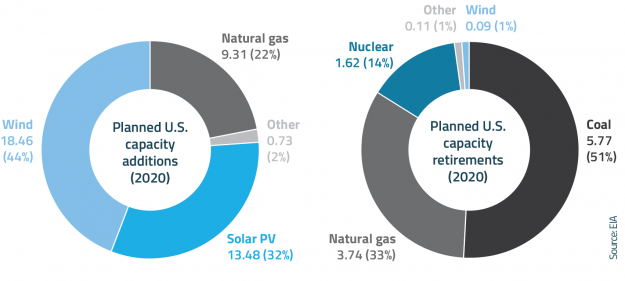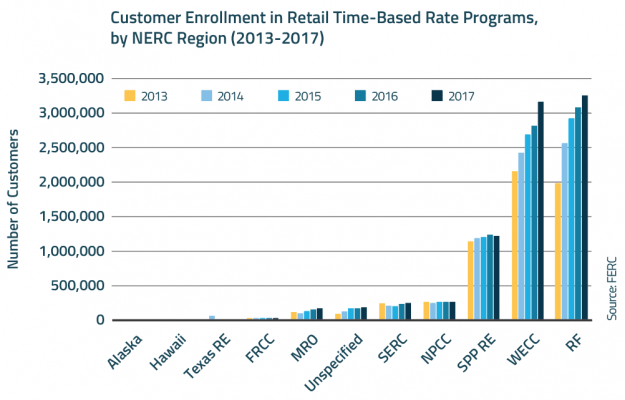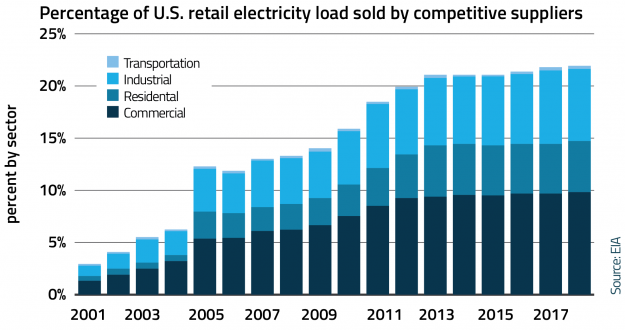EnerKnol’s Visual Primer – Utility Regulators Focus on Assisting Customers, Rekindling Economy as COVID-19 Evolves
As the pandemic continues to unfold, utility regulators across the U.S. are focusing on the core issues of providing relief for the hardest-hit customers and reviving the economy with the help of utility initiatives. To date, several states have extended disconnection moratoriums and implemented customer relief programs, while others are examining how additional spending by the utilities could provide new jobs while minimizing customer bill impacts in the future.
